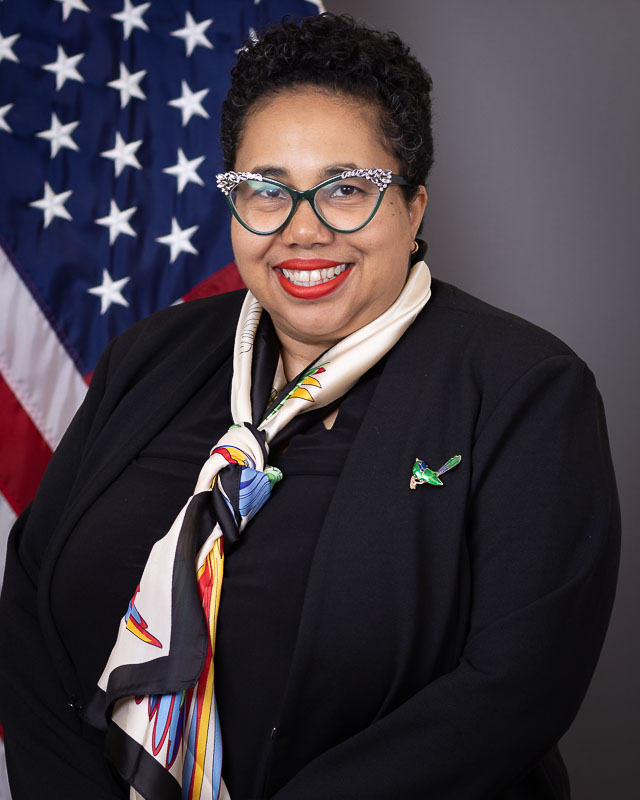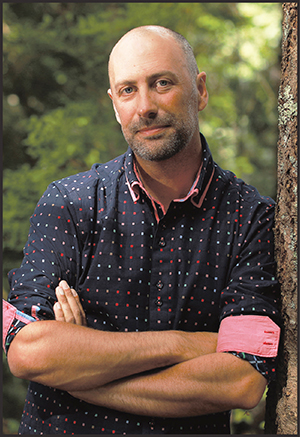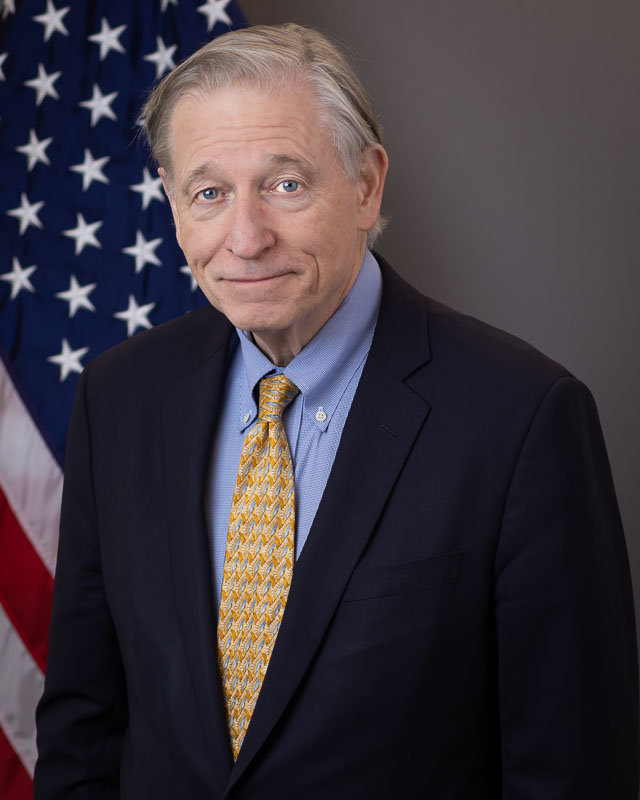People
It’s April, which means that in addition to celebrating spring’s arrival, I’ll be joining libraries across the nation in celebrating National Library Week.
The Institute of Museum and Library Services (IMLS) has announced the appointment of Deputy Director for Library Services Cyndee Landrum as Acting Director, effective March 21, following the conclusion of former Director Crosby Kemper’s four-year term. Landrum will lead the agency until a new director is nominated by the President and confirmed by the U.S. Senate. LJ caught up with her to hear her take on her past four and a half years at the agency, and what her new role will entail.
Ry Moran, associate university librarian for reconciliation at the University of Victoria, British Columbia, was named a 2023 Library Journal Mover & Shaker for his work bringing the university’s reconciliation department to fruition and developing a podcast called Taapwaywin, which means “truth” or “speaking truthfully” in Michif, a language of the Métis people. LJ recently touched base with Moran to learn more about his work with truth and reconciliation, and how the podcast is going.
To help break down the relevant library issues in this election year, LJ convened a roundtable of experts including John Chrastka of EveryLibrary; Nick Grove of Meridian Library District, ID; Jason Kucsma of Toledo Lucas County Public Library, OH; and Representative Ashley Hudson from the Arkansas House of Representatives. They covered everything from voter engagement strategies for libraries on the ballot to book ban advocacy in challenging districts to engaging the electorate in an important presidential election year.
In January 2020, Crosby Kemper III stepped into a four-year term as director of the Institute of Museum and Library Services (IMLS). At the time, one of the main concerns at IMLS was then-President Donald Trump’s repeated efforts to zero out the agency’s budget; less than two months later, libraries across the country would shut down for COVID-19 safety precautions, and, soon after they began to reopen, a surge of intellectual freedom challenges would escalate. Kemper’s term ends on March 8; LJ caught up with him to hear his take on the past four years and find out what’s next.
Voting for the American Library Association (ALA) 2025–26 presidential campaign opens March 11, and ALA members in good standing can cast their ballots through April 3. LJ invited candidates Sam Helmick, community and access services coordinator at Iowa City Public Library; and Ray Pun, academic and research librarian at the Alder Graduate School of Education, Redwood City, CA, to weigh in on some key issues.
I’ve been worried about library visits for a while now, but my concerns have largely focused on the effect fewer visits will have on the future of libraries. What I learned is that I had it backwards. Yes, there’s a danger to libraries when fewer people use them; but the bigger threat in decreased library use is to the community itself.
Rhiannon Sorrell, assistant professor and instruction and digital services librarian at the Kinyaa’áanii Charlie Benally Library at Diné College in Arizona, was named a 2023 Library Journal Mover & Shaker for her work preserving and digitizing Native films and storyteller narration. We recently spoke with Rhiannon to find out more about what she’s working on.
Willa Liburd Tavernier, research impact and open scholarship librarian at the Herman B. Wells Library at Indiana University–Bloomington, was named a 2023 Library Journal Mover & Shaker for her work facilitating open educational resources and the development of open pedagogy projects. We recently spoke with Tavernier to find out more about these projects and what’s next for her.
ALREADY A SUBSCRIBER? LOG IN
We are currently offering this content for free. Sign up now to activate your personal profile, where you can save articles for future viewing








